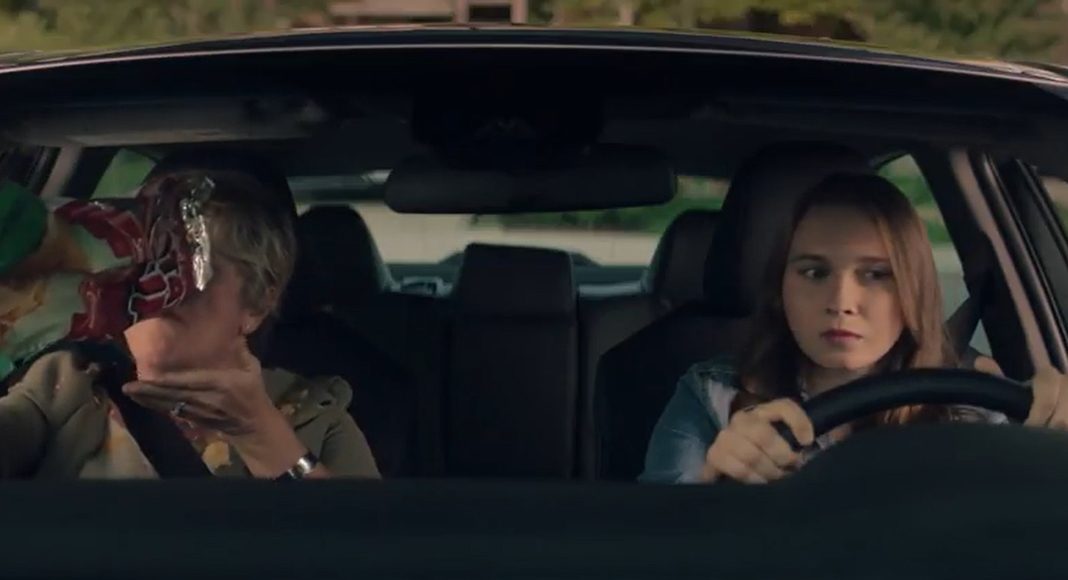In advance of Canada’s legalization of cannabis in October, British Columbia AA is launching an awareness campaign around impaired driving that uses millennials to help encourage other generations – including their parents – to avoid driving high.
The campaign follows a recent survey that found that the majority of millennials think and act responsibly about impaired driving. Now, this age group is being given a “leadership role” to prevent their peers and other generations from driving high; and to make driving on drugs socially unacceptable, the same way they did with drunk driving.
“Millennials have a special place in history,” said Shawn Pettipas, BCAA’s Director of Community Engagement. “This generation grew up surrounded by impaired driving messages on TV, radio and in school. They’re the first generation who got behind the wheel appreciating the risks, and who made impaired driving socially unacceptable. What we want is for people to understand that high driving is also impaired driving, and for all millennials to add that into their set of values.”
The BCAA survey of 18 to 34-year-olds, conducted by Innovative Research, found that:
- 91 percent make plans for a safe ride home before a night out
- 88 percent would never consider driving impaired
- 78 percent say they would “call out” friends considering driving impaired
- 72 percent have been designated drivers over the last three years, with 55% doing it regularly
Added to that, most millennials have already adopted cannabis into their definition of impaired driving. In a second BCAA survey, 82 percent of 18 to 34-year-olds consider driving on cannabis as impaired and 74 percent think driving high is just as dangerous as drunk driving. When it comes to mixing the two, 90 percent view it as “definitely impaired”.
Some millennials already recognize their leadership potential, with 49 percent considering themselves the “sober driving generation” and 40 percent agreeing that they are “role models for not driving impaired”.
BCAA’s public awareness campaign uses role reversal to show millennials helping their parents to avoid driving high. The campaign is running on TV, online, through social media channels and in movie theatres in the months leading up to legalization.
“We’re entering a new era in road safety and can learn from the past to ensure we’re all safe once cannabis is made legal,” said Shom Sen, BCAA’s president & CEO. “BCAA wants to keep British Columbians informed about the effects of cannabis on driving and help the province navigate safely through this turning point in Canadian history.”
View one of the BCAA’s campaign videos below:
https://www.youtube.com/watch?time_continue=10&v=l85RaNuQbpo?rel=Ø
Visit the BCAA website for full campaign details and more videos.



















